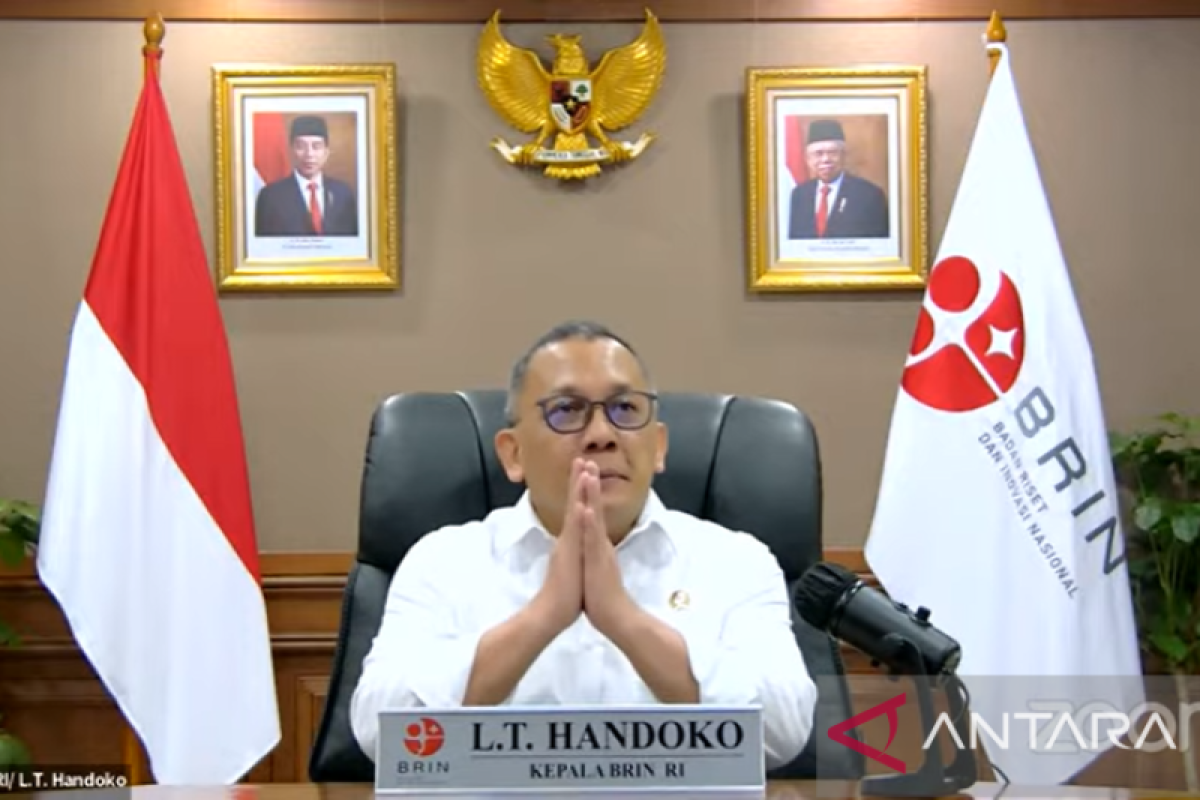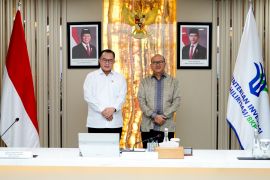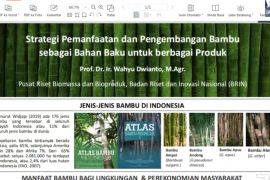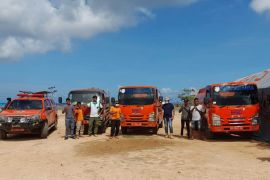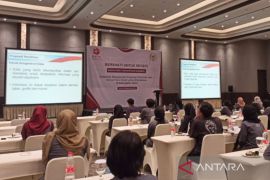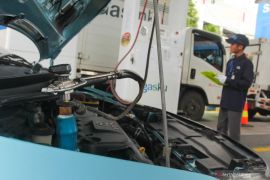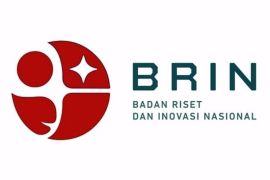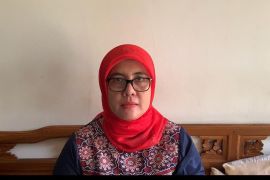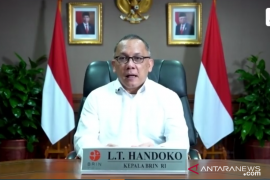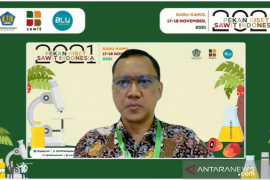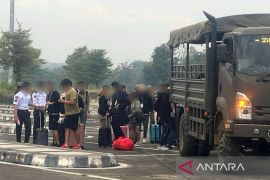"We all need recommendations to determine strategic measures in encouraging community empowerment in border areas, so that we can (better instill) national insight, (a sense of loving) Indonesia, institutionalization of local cultural values and local democracy, as well as creation of a balanced (sense of) nationalism and regionalism," Handoko stated during the Webinar Prof Talks: Building Indonesia from Borders, hosted from here on Tuesday.
The agency head noted that Indonesia, as an archipelagic country, has 542 regions spanning from Sabang to Merauke. This posed serious issues of control due to the large geographical distance between the central government and districts or cities.
In terms of control, this issue of distance also occurred between the provincial capitals and remote areas, especially border areas, giving rise to the idea of regional expansion.
Another issue apart from control was public services, as in creating excellent public services in border areas with such remote locations and the risk of facing issues, such as limited human resources and infrastructure.
Related news: Surveillance drones deployed for Indonesia-Malaysia border patrol
Handoko emphasized that breakthroughs and new integrated innovations were needed, so that they could guarantee optimal public services even in those areas.
Hence, the agency focused on reviewing recommendations and research on innovation to pursue better development in Indonesia, especially in border areas.
The National Research and Innovation Agency has a Research Organization for Governance, Economics, and Community Welfare; as well as a Research Organization for Social Sciences and Humanities, both of which could focus on conducting research related to border area development and local community empowerment.
Related news: Minister Laoly reiterates importance of border security
Translator: Martha H S, Mecca Yumna
Editor: Rahmad Nasution
Copyright © ANTARA 2022
